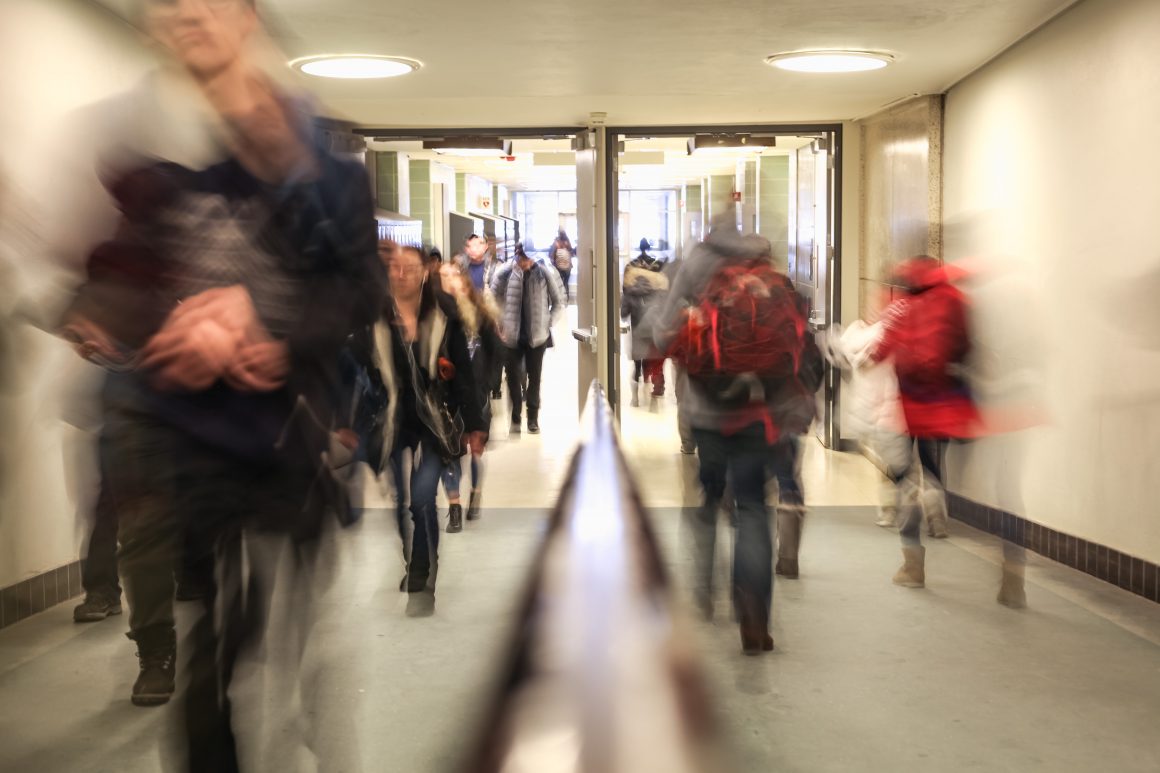
U of C students call for SU election policies on sexual violence
By Tina Shaygan, March 27 2018 —
University of Calgary students and members of Consent Awareness and Sexual Education (CASE) club are supporting University of Saskatchewan’s current Students’ Union (USSU) executives and asking for updated election policies at the U of C as numerous allegations of sexual assault against the president-elect of the USSU have come forward.
According to the Sheaf, a post appeared on Facebook claiming that Coden Nikbakht, the sole presidential candidate for the USSU, used drugs to sexually assault an unspecified number of unnamed women, among other allegations. The current USSU president, David D’Eon, is refusing to participate in Nikbakht’s transition and hundreds of other students have protested Nikbakht’s presidency.
CASE president Shelby Montgomery said the situation at the U of S should be alarming for students at the U of C.
“I’m not only concerned that this happened, but also it could happen here,” Montgomery said. “At any university, what could happen if you don’t have a policy and perhaps don’t have allies in office?”
CASE vice-president operations and finance Briana Stallcup said the situation at the U of S shed light on a need for more updated election policies on our campus.
“[Sexual violence] is such a specific issue that you can’t address it with the same rules and codes that apply to other types of violations,” Stallcup said.
Montgomery added that she wants to see the U of C Students’ Union to develop policies that would address situations like this if it were to happen.
“We know that campus sexual violence is a huge issue nationwide. Ideally, the SU would create its own policy to prevent this from happening,” Montgomery said. “To say, ‘We are not for abuse on campus and therefore, we have this policy to prevent known-abusers from coming in to our [executive] body.’”
Both Stallcup and Montgomery said they strongly support the actions taken by the current USSU executive team.
“I think it’s wonderful that their top priority is clearly students who are at risk of being harmed or students who have been harmed. They’re doing their job. It might not look like it on paper, but this is exactly what they’re supposed to do,” Stallcup said. “They’re being great advocates right now.”
“For the USSU current president to take the stance that they have, that is great allyship and great activism that will have consequences,” Montgomery added. “Myself, but also the CASE club, stand in solidarity and strongly support their stance.”
Montgomery said she believes there have been a lot of improvements on campus around sexual violence and the USSU case demonstrates that the work is not done.
“I honestly think we have so much work to do in our culture that we just haven’t hit it all,” Montgomery said. “A lot of people have been working against sexual violence and I really think it’s one step at a time. It’s just chipping away at the systematic rape culture that has prevailed all our institutions.”
The U of C SU declined requests for interviews, instead releasing a statement attributed to SU president Branden Cave.
“We will not comment on the situation at the University of Saskatchewan at this time,” the statement read. “The position of president-elect is not a position recognized in our policies or bylaws. If a student were elected and allegations of any kind were made, once they took office a complaint could be filed under the SLC Code of Conduct. Once this was done the organization would investigate the allegations and penalties could include written warnings, docking pay, suspensions of powers or privileges and impeachment. If the university’s non-academic misconduct and sexual violence policies found that a person had done something wrong that could certainty factor into the SU’s investigation of the complaint.”
Montgomery added that explicit election policies dealing with sexual violence will be a point of advocacy for CASE in the future.
“We also advocate for restorative justice. We don’t want abusers in office but do I believe no one can ever reclaim their place in society after they’ve abused someone? No, of course not. But known abusers who haven’t done the work, essentially, yes,” Montgomery said. “I will be handing [this issue] to the next [CASE executive] team and this is something we should be advocating for. This is an important time to learn from the cases of other places before it’s our problem. It could be us — let’s not figure it out then.”
